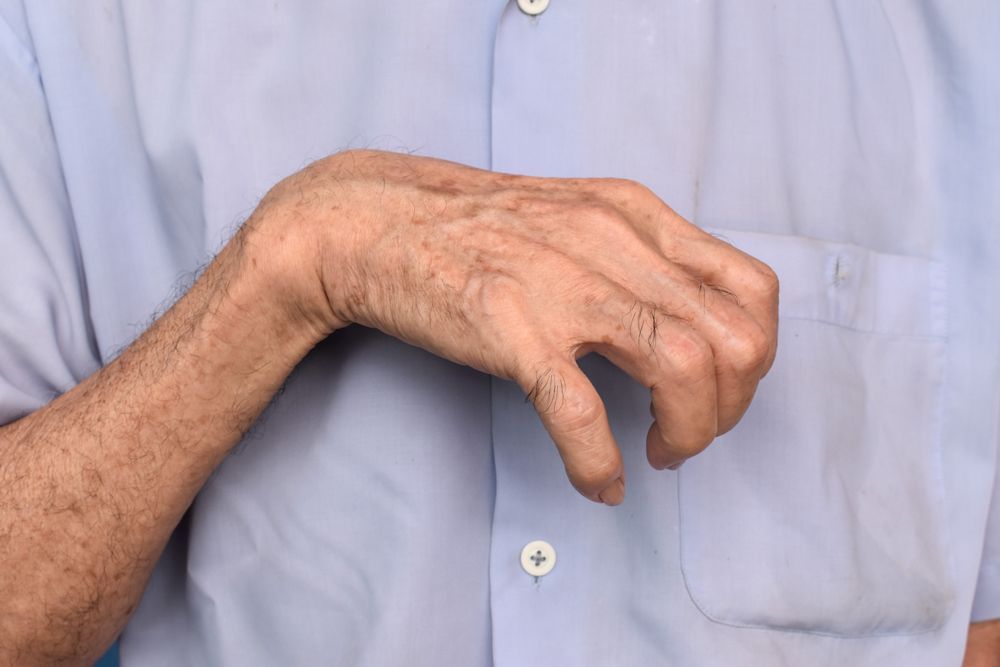Inflation and Inequity: The Diminishing Returns of Physician Services
Inflation and Inequity: The Diminishing Returns of Physician Services

Dear Colleagues and Leaders in Healthcare,
In an era where the complexities of healthcare finance contrast starkly with the mission of medical practice, a recent study from the Harvey L. Neiman Health Policy Institute has shed light on a concerning trend that demands our attention and action.
Between 2005 and 2021, a period marked not just by medical advancements but also by economic pressures, physician reimbursements per Medicare patient fell by approximately 2.3% when adjusted for inflation. This statistic alone might not raise alarms until one considers that during the same period, physician services per patient increased by a staggering 45.5%. Despite delivering more care, physicians see their compensation not keeping pace with inflation, much less with their increased workload.
What's more, this decline in reimbursement is not uniform across all specialties. While pain management specialists saw an increase in reimbursement by as much as 189.1%, cardiac surgeons faced a drastic cut, receiving 57.6% less than they did years ago. It paints a picture of a reimbursement system that is variably rewarding, or penalizing, different fields within the same profession.
Meanwhile, a stark contrast is observed in the compensation trends for nonphysician practitioners, whose reimbursement per Medicare patient has more than tripled over the same period. The overall payments per beneficiary across all medical providers and suppliers saw a general increase of 9.9%, with nonphysician practitioners experiencing a 206.5% increase, and medical suppliers also seeing substantial hikes.
This imbalance raises critical questions about the sustainability of current Medicare reimbursement policies and their impact on physician morale and patient care. It is imperative to ask: are we valuing the right contributors in our healthcare system? And more importantly, what are the potential long-term effects of these disparities on patient outcomes?
The time to act is now. As leaders in healthcare, particularly those of you directing the financial pathways of our hospitals and clinics, this data presents both a challenge and a call to arms. It is crucial to advocate for policies that ensure fair compensation for physicians at the frontline of patient care. Addressing these reimbursement inequities will not only help in retaining talented physicians but will also ensure high-quality care for our patients.
Let us come together to rethink and reform our approach to physician reimbursements. We must strive for a system that equitably compensates all healthcare providers based on the value they bring to patient care. Only through concerted effort and unified advocacy can we hope to see a reversal of these troubling trends.
Yours in the pursuit of equitable healthcare.








